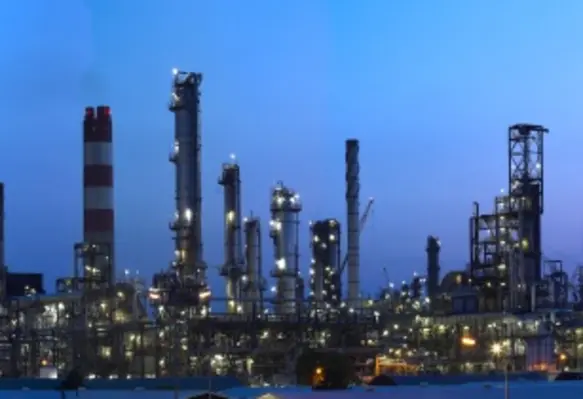Larger multinational oil and gas companies and smaller SMEs have different needs and must have different approaches to digital transformation, according to a report titled “The Digital Transformation in the Oil & Gas Industry” by Saudi management consultants, Strategic Gears
The report recommends, that for large multinationals, global leaders must pave the way in developing profitable solutions through analysing their own operations. The report also suggests that, transformation must occur to realise the profitability gains at stake, and that companies also need to evaluate where they stand on the maturity of the required technologies, as this will determine the focus areas for investment.
For SMEs, the report highlights a focus on technologies that are proven to increase efficiency, production, and safety. Examples of technologies identified as areas to focus on include robotics, advanced sensors, big data analytics, and connectivity. While the report recommends the aforementioned, it acknowledges that this does not mean that SMEs in the upstream sub-sector should limit their exposure to these technologies, but that these technologies are beginning to mature and are the most important focus areas for SMEs, given their direct impact on their productivities and bottom-lines.
The Strategic Gears report also sheds light on the applicable technologies to be adopted in the oil and gas industry from those used in financial services, manufacturing, healthcare and transportation. The applicable technologies include robotic process automation and blockchain for large multinationals; and for SMEs, the report highlights AI & ML, IoT, cloud, big data, robotic process automation and blockchain.
The report also presents case studies by Strategic Gears’ partner, Nexus Frontier Tech, of how digital transformation has contributed to improving operational excellence in the oil & gas industry. The case studies include: AI-assisted corrosion detection, which results in a faster inspection process and lower cost compared to manual labour AI-assisted image screening, which offers a ten times faster process of screening images AI-assisted safety compliance, which leads to faster and more accurate detection and higher levels of compliance as well as lower cost compared to manual labour







